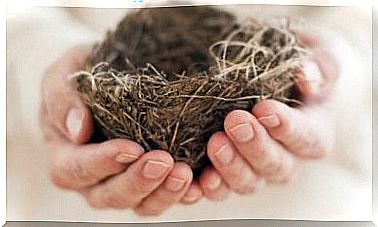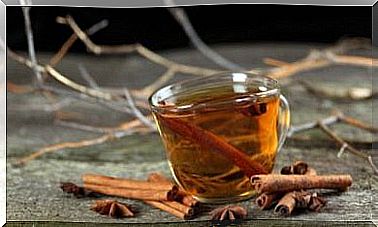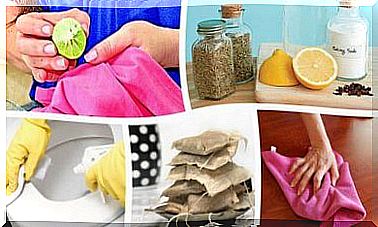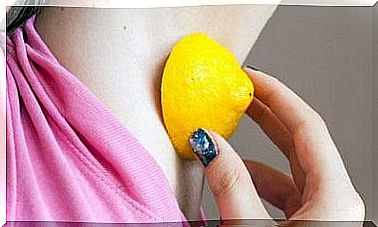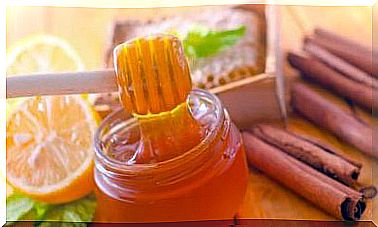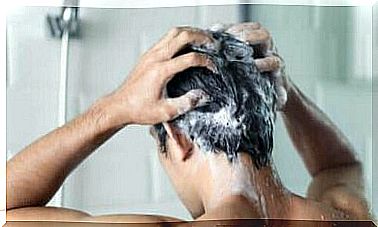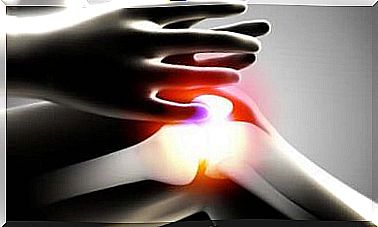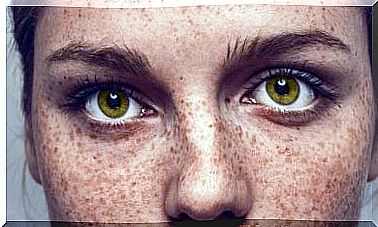False Rumors About Food And The Coronavirus
There are several false rumors about food and the coronavirus that baffle the population. It is important to know what is true in order to be able to intervene in good time in terms of preventive measures.
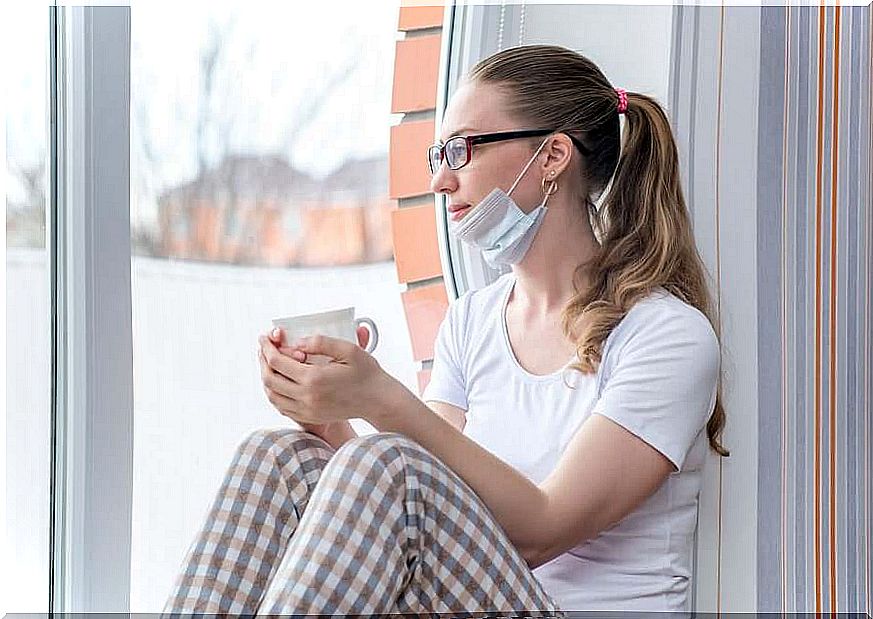
There have been a large number of false rumors related to diet and the coronavirus. Most of them defend the ability of certain foods or practices to prevent the spread or development of this disease. In reality, we know little about the influence of diet on the development of this pathology today.
We are starting to publish scientific articles defending the benefits of vitamin C and D. Some experts also recommend the consumption of anti-inflammatory foods to prevent pulmonary complications. And this while strengthening the immune system. Unfortunately, there is little evidence of this at present.
What are the most common false rumors about food and the coronavirus? In this article, we will detail the most popular. We’ll also tell you why you shouldn’t think they work.
Food and coronavirus: does drinking hot water prevent infection?
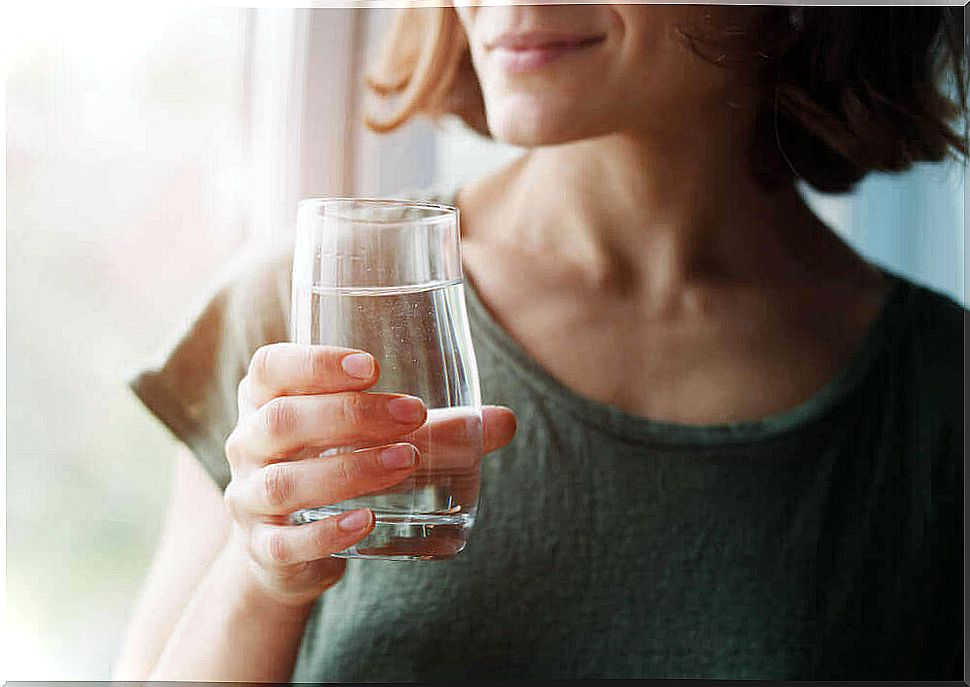
A publication from the National Center for Biotechnology Information suggests that the coronavirus is sensitive to ultraviolet rays and heat. Some experts have commented on this same statement several times. As a result, one of the main false rumors about food and the coronavirus has spread: Eating hot foods or drinks can stop the spread.
False! Although the virus can be read at high temperatures, it is not true that hot food or drink can stop the spread of the virus. It is also not possible that doing a daily sauna session could prevent the development of the disease. There are no scientific papers to support these theories.
In fact, the virus is spreading around the world, both in countries with cold climates and in those with higher temperatures. At present, experts are unable to predict how the virus will behave when the summer season arrives. For these reasons, it is logical to think that it is unnecessary to consume hot water against the microorganism.
Alcohol kills the coronavirus
Another current that circulates on the networks is that the consumption of alcoholic drinks makes it possible to avoid contracting the disease. The principle behind this theory is that alcohol can prevent RNA-like viruses from replicating. However, there is no solid scientific basis for this claim.
What is certain is that alcohol, in addition to promoting inflammatory processes, reduces the effectiveness of the immune response. In fact, the scientific literature argues that alcohol consumption inactivates the innate immune response, decreasing the response to harmful external microorganisms.
Gargle with salt and vinegar
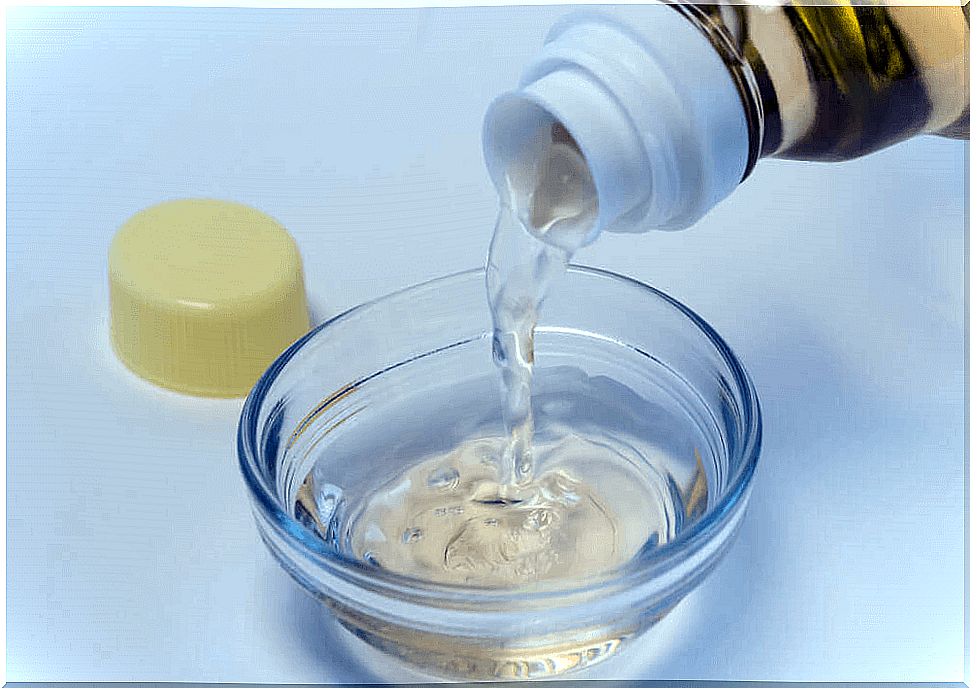
The antiseptic properties of salt and vinegar are well known, as evidenced by scientific literature. They can prevent the proliferation of bacteria and fungi. In the mouth, making mouthwashes with these products helps reduce bacterial proliferation and prevent bad breath.
However, there is no evidence that these products have a protective role against infection with the coronavirus. For this reason, we will not benefit from their consumption in terms of preventing or treating this disease.
Other trends claim that consuming garlic or adding it to this mouthwash recipe can enhance the protective effects of mouthwash. There are also no studies that support this theory.
Garlic can improve the symptoms of some lung infections. However, there are no specific studies linking it to the pathology caused by the coronavirus. It is therefore not possible to make a firm statement on this matter.
Food and coronavirus: what needs to be clarified?
The lack of knowledge that still exists on the proliferation and functioning of this virus considerably limits the field of action of experts. Therefore, it is not yet possible to establish dietary-type evidence on the consumption of products and the risk of contracting the disease.
Despite this, and with current knowledge on the immune system, we can underline that a balanced and varied diet allows the physiological mechanisms of the organism to be put to the test. Adequate intake of vitamins and minerals improves the mechanisms of innate immunity, thereby reducing the risk of disease.
On the other hand, it is essential to avoid toxic habits such as drinking alcohol. This substance, in addition to increasing systemic inflammation, interferes with the proper functioning of the immune response. Thus, the organism becomes less efficient at rejecting external pathogenic microorganisms.
